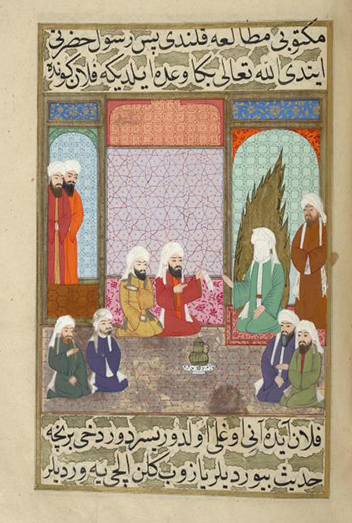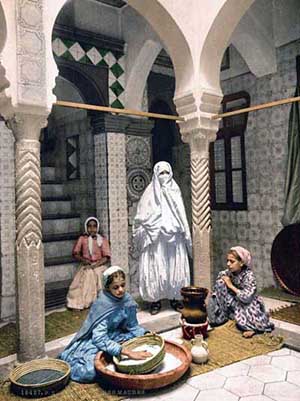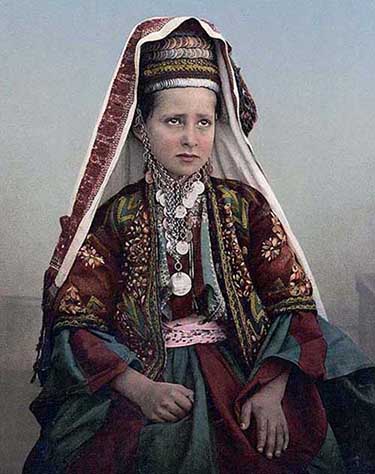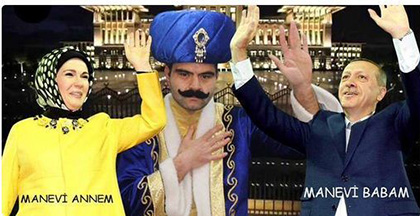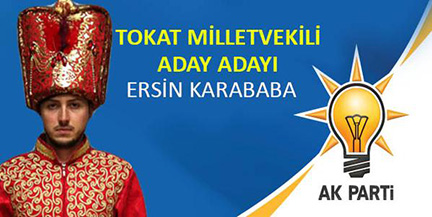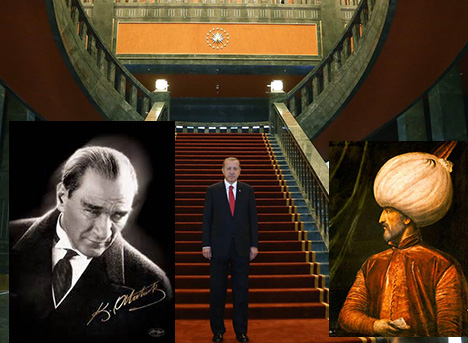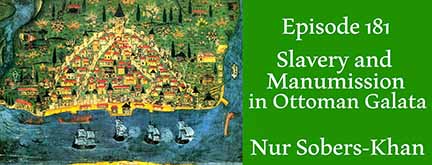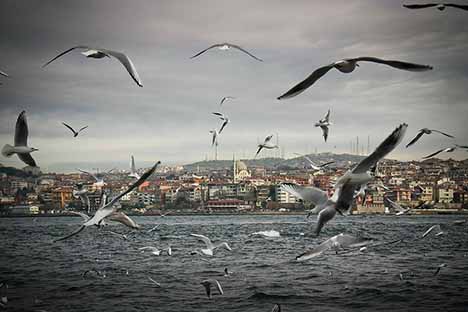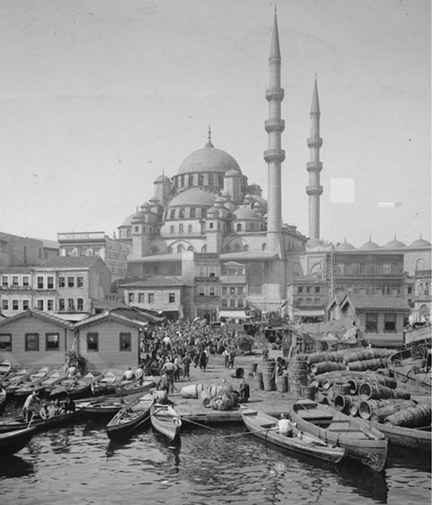
An Impish Desire for Imperial Déjà Vu
Daniel Martin Varisco, MENA Tidningen, May 27, 2015
A recent online commentary by Robert Kaplan for Foreign Policy displays the provocative title: “It’s time to bring imperialism back to the Middle East”. The punch line surfaces in the final paragraph: “Imperialism bestowed order, however retrograde it may have been”. Retrograde? How about brutal?
Let’s see: Mussolini made the trains run on time; Hitler brought Germany out of the humiliation of a World War I defeat; Genghis Khan lengthened the Silk Road by slaughtering just about everyone along the way. So let’s bring back the Shah of Iran, Saddam Hussein, Colonel Qaddafi and all the recently demoted dictators so we can have “order†again, the kind of “order†which is imperially blessed and apparently serves American interests.
Kaplan’s view of Middle Eastern history is about as top-down and lop-sided as you can get. Take the Sublime Porte, for example: “For hundreds of years, Sunnis and Shiites, Arabs and Jews, Muslims and Christians, in Greater Syria and Mesopotamia had few territorial disputes. All fell under the rule of an imperial sovereign in Istanbul, who protected them from each otherâ€, he writes. Really? What romance novel has Kaplan been reading? Was there such love for the Ottoman sultans that no ethnic group ever complained? Did all these subjugated people sleep peacefully at night knowing that the Janissaries would protect them from each other? But why stop with the Ottomans?! The caliphs in Abbasid Iraq must have been all made for a Disney Aladdin movie and their mercenaries nothing short of angels? And what barbarian would have dared speak against the glorious Pax Romana of the Caesars? Forget the out-dated Sermon on the Mount. According to Kaplan, blessed are the Machiavellian despots for only they can enforce peace in the name of order, at least in what used to be called the Holy Land. Continue reading An Impish Desire for Imperial Déjà Vu
